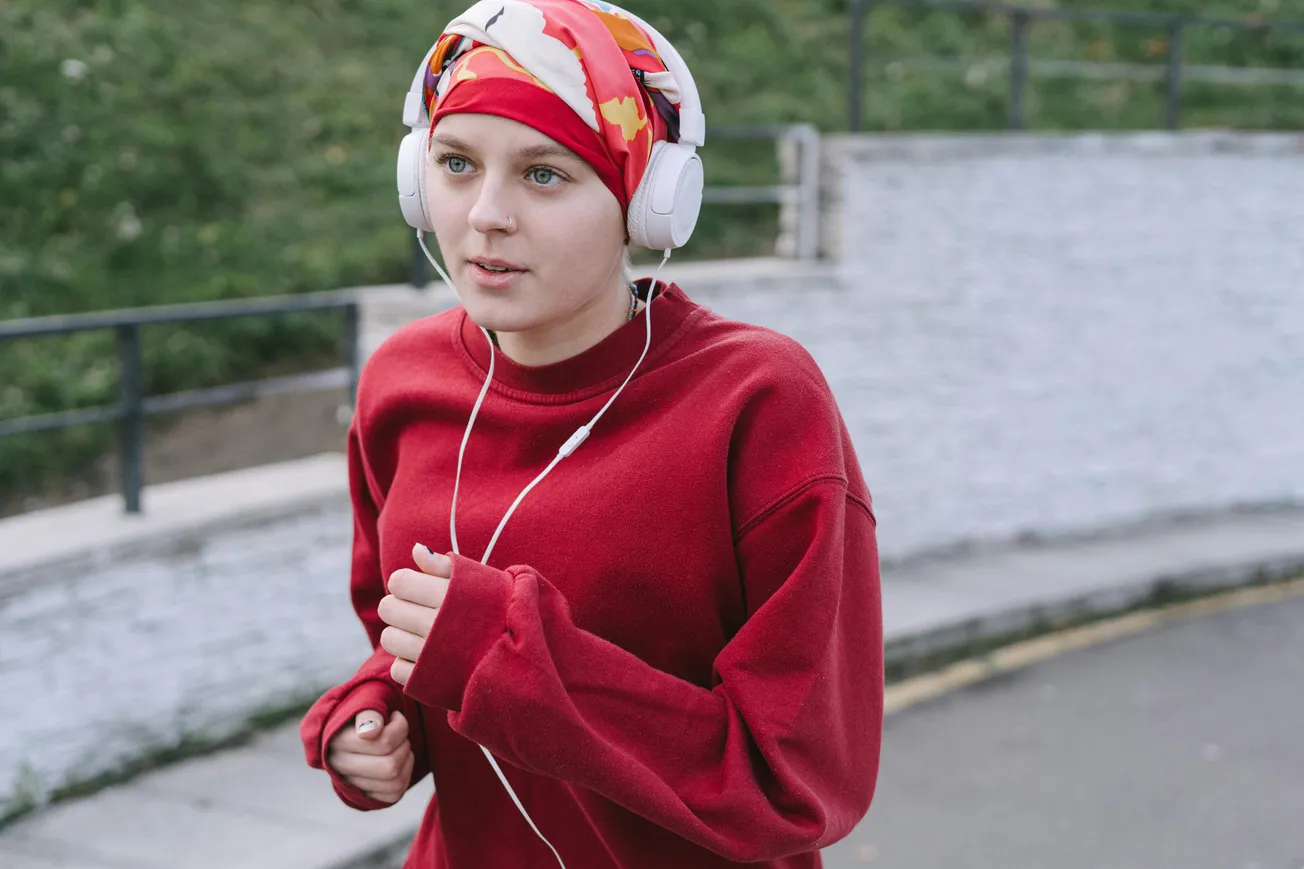Walmart's recent introduction of Beauty Bars in 40 select stores aims to enhance its in-store beauty experience, allowing customers to engage with beauty experts and test product samples.
Walmart's In-Store Beauty Initiative
The Beauty Bars are part of Walmart's Spring Beauty Event, which offers over 1,800 deals on skincare, cosmetics, hair products, and accessories. Brands featured include Olaplex, Dyson, and L’Oréal Paris.
By providing personalized consultations and sample testing, Walmart aims to offer an "elevated shopping experience" that caters to customers seeking more personalization and transparency in their beauty purchases .
Comparison to Traditional Department Store Beauty Counters
Traditional department store beauty counters, such as those in Macy's or Bloomingdale's, have long offered personalized services, including makeup application, skincare consultations, and product sampling.
These counters are staffed by trained beauty consultants who provide tailored advice and often create custom samples for customers.
Walmart's Beauty Bars emulate this model by incorporating expert consultations and sample testing within a mass-market retail environment.
However, while department stores typically focus on high-end brands and luxury experiences, Walmart's approach blends affordability with personalization, aiming to make beauty services accessible to a broader customer base.
Integration of AI and Online Innovations in Beauty Retail
Beyond physical stores, the beauty industry has increasingly embraced AI and digital technologies to enhance customer experiences:
- L’Oréal's Beauty Genius: An AI-powered virtual assistant that provides personalized beauty advice, product recommendations, and tutorials, leveraging augmented reality to allow users to virtually try on products.
- SoPost: Utilizes AI algorithms to offer personalized product samples based on individual preferences and purchase history, enabling consumers to discover new products tailored to their needs.
- Haut.AI: Offers AI-driven skin analysis tools that evaluate facial biomarkers to recommend personalized skincare routines, enhancing the online shopping experience with scientific precision.
These innovations reflect a broader trend in the beauty industry toward personalization and digital engagement, complementing in-store experiences like Walmart's Beauty Bars.
Conclusion
Walmart's implementation of Beauty Bars signifies a convergence of traditional personalized beauty services with the accessibility of mass-market retail.
By offering expert consultations and sample testing, Walmart seeks to enhance the customer experience and compete with both department stores and digitally native beauty brands.
Simultaneously, the integration of AI and online tools across the industry underscores the importance of personalization and technology in meeting evolving consumer expectations.








